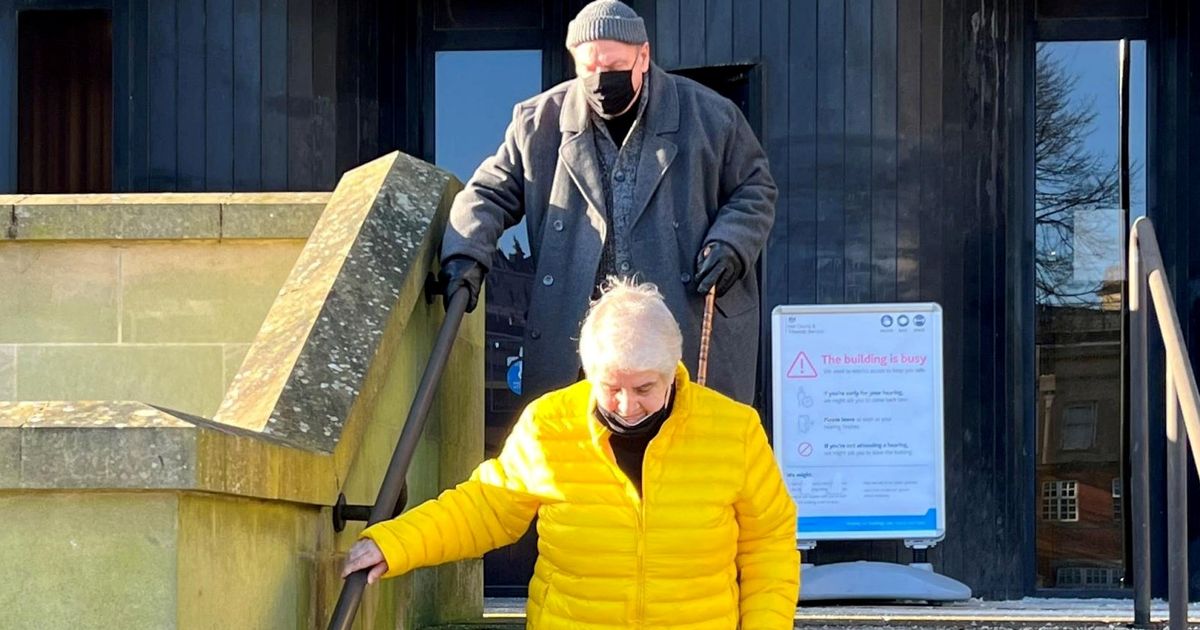Written by Precious Adesina
A new study shows POC are paid up £5,000 less each year.
The ethnicity pay gap isn’t a new topic, but despite the fact that many companies over the past five years have declared their intentions to do something about it, a study released today has revealed the true extent of the situation as it currently stands.
Research commissioned by the non-profit organisation People Like Us shows that workers from Black, Asian, mixed-race and minority ethnic communities are being paid only 84% of what their colleagues in similar roles are earning.
Of almost 1,200 British respondents to the survey taken in November 2021, two-thirds of the professionals revealed that they had a valid reason to believe that their white counterparts were being paid a higher salary for the same level of work. A quarter of them suspect the disparity in pay is up to £5,000 a year, which means that people of colour could lose out on around £255,000 of earnings across a working lifetime that averages 38 years.
“Nobody should earn less because of the colour of their skin, their sexual preference, gender or anything else that isn’t related to their performance,” says Sheeraz Gulsher, co-founder of People Like Us, a charity that celebrates diversity in media and marketing industries.
The study also showed that over a quarter of people of colour who struggled to ask for a salary increase or promotion left their industry because they weren’t given the pay rise they felt they deserved. Half also said that not receiving the pay increase or promotion they believed they deserved caused them to suffer with anxiety or depression. “Salary and job progression should be based on merit, but the data here makes it blatantly clear that currently, they aren’t,” says Gulsher.
A third of those surveyed also believe that their workplace is all talk, noting that despite the fact their employers spoke publicly about the ethnicity pay gap nothing has actually changed internally. “Organisations need to get better at identifying pay gaps and progression bias within their companies, because without understanding the issue, you can’t fix it,” says Gulsher.
This issue was also brought up last June in a joint letter to Michael Gove (the cabinet office minister at the time) from the Confederation of British Industry (the UK’s largest business lobby group), the Trades Union Congress (TUC) and the Human Rights Commission.
“Introducing mandatory pay reporting on ethnicity would transform our understanding of race inequality at work and most importantly, drive action to tackle it where we find it,” the letter read.
“Everyone deserves the chance to thrive at work, and to have a decent, secure job they can build a life on. But the sad reality is that even today race still plays a significant role in determining people’s pay and career progression,” TUC general secretary Frances O’Grady also said at the time. “This problem isn’t going to magic itself away. Without robust and urgent action many BME workers will continue to be held back.”
The People Like Us study comes only days after an analysis of official data revealed that more than half of Black children are growing up in poverty and are also twice as likely to be growing up poor in comparison to white children. It is difficult not to see the link between these inequalities.
“We’re asking every HR professional, payroll professional, CEO and business leader to take stock of the pay gap in their organisation and do something about it,” says Gulsher, “and don’t just focus on race or gender, look at all cross sections in your company including race, sexuality, disability and gender.”
Images: Getty
Source: Read Full Article



